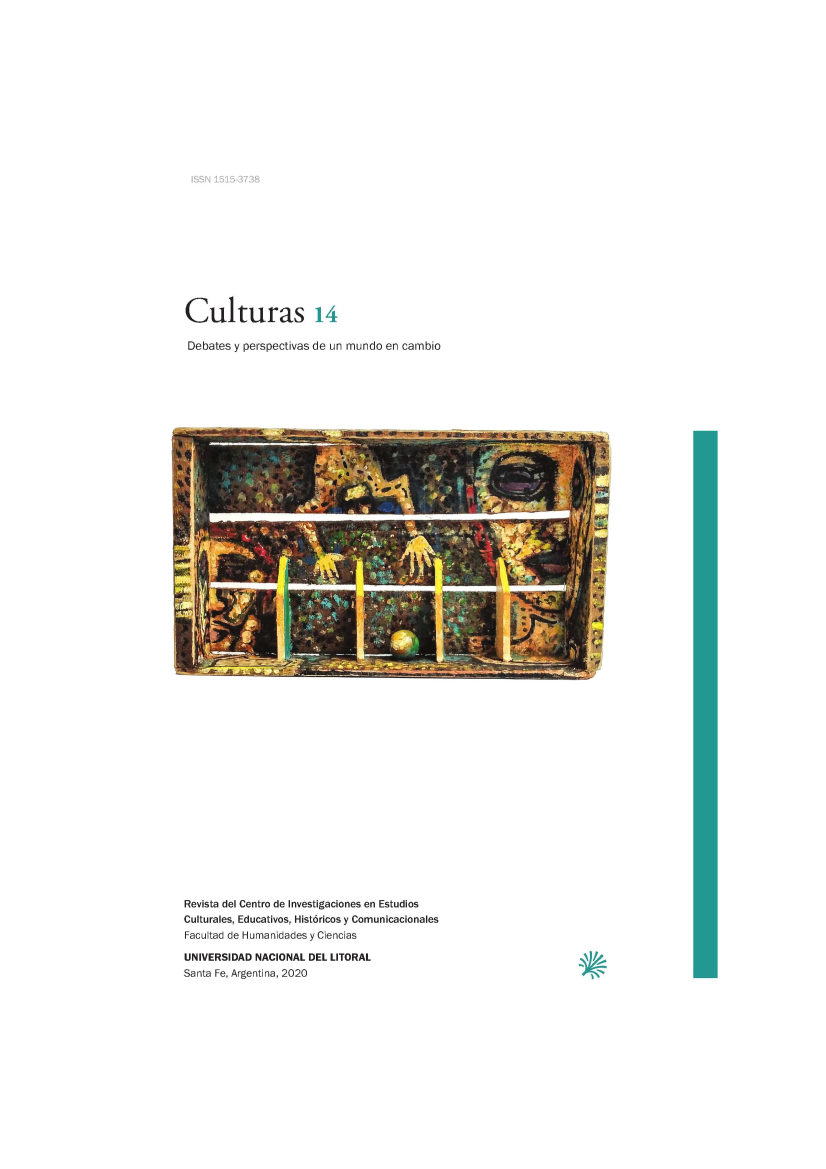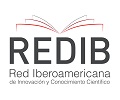The arrival of Radio Moscow in Spain: culture and communism in the Spanish social crisis (1932-1936)
DOI:
https://doi.org/10.14409/culturas.v0i14.10312Keywords:
Broadcasting, short wave, Spanish Civil War, cultural materialism, Soviet UnionAbstract
The aim of this article is to describe and problematize the forms of intervention and meanings promoted by Radio Moscow in Spanish during its emergence in Spain (1932-1936). The hypothesis poses that although the broadcasting station of the Soviet Union (USSR) was created to intervene politically in other countries, it managed to enter into the particular situation of the Second Republic, mainly through cultural programming. The deepening of the politicization of the broadcasts could only occur on a disrupted basis with the generalized increase in the social conflict in December 1933, October 1934 and January-February 1936. Based on the previously mentioned , it was concluded that the arrival of Radio Moscow to Spain was the result of the articulation of a social process where the already present broadcasting system intervened with forms of reception and defined social functions, the social crises of the republican transition, the internal situation of the Spanish Communist Party (PCE), the policies of the Soviet State aimed at breaking its isolation, and the new popular front policy of the Communist International (CI). We worked from a qualitative approach of articles from publications such as Heraldo de Madrid, La Voz, Luz, La Libertad, Pensamiento Alavés, El Siglo Futuro, Catalunya Social, La Veu de Catalunya, El Diluvio, abc , El Socialista, Mundo Obrero, La Nación, Gracia y Justicia, Ondas, Letras, Blanco y Negro, Crónica y Orbe, obtained from the digital newspaper archives of the National Library of Spain and the Virtual Library of Historical Press.





